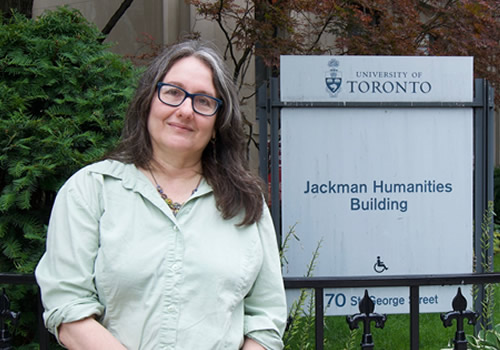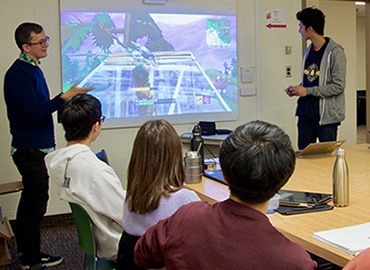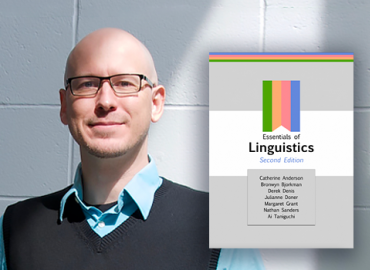Learning at a top research university means becoming involved in academic life by exchanging points of view and tackling controversial topics. Small classes, capped at 25 students or fewer, help ensure that all students are active participants in discussions and are encouraged to develop their ability to think analytically and to express ideas and logical arguments through class discussions and in their writing.
These full or half-credit courses focus on issues, questions and controversies surrounding a particular topic or theme. Taught by some of the Faculty's leading scholars, the best researchers and teachers at U of T, they are only for newly admitted first-year students.
First-Year Foundations Seminars:
- Count as 1.0 or 0.5 of the 20 credits required for an Hon. B.A., Hon B.Sc. or B. Com.
- First-Year Foundations Seminars are not required to get into any Program of Study. However, they may count towards your Program. Please check with your college registrar for further details.
- Can be counted towards the breadth requirement.
- The Academic Calendar lists the First-Year Foundations Seminars.
- Examples include: Our Vampires, Ourselves – examine the lure of the charismatic, compelling and ultimately devious villain; Cryptology: The Mathematics of Secrecy and Security – study breakthroughs in cryptology, from secret messages in the ancient world, to modern cryptosystems that facilitate online commerce; Astronomy at the Frontier – be at the cutting edge of astronomy, cosmology and space science by learning about the formation of stars and galaxies.
Hikmat Jamal, First-Year Student
Taking seminar courses in first year really allowed me to have intimate conversations with classmates and professors on interesting topics that I wouldn't have otherwise had. The seminars are a great way to explore things you are passionate about.

Ashley Waggoner Denton, Instructor of Psychology of Student Success
Part of what makes the class great is that it’s a small seminar. Opening up, sharing and learning from one another’s experiences is such an important part of it, and that would be lost if I were to teach it to 200 students.
Read the full story: This time it’s personal: New course looks at the psychology behind student success

Naomi Seidman, Instructor of The Bible and Migration
It’s such an interesting class and an unusually diverse group of students. Starting post-secondary studies can be challenging, but it’s also an exciting time: suddenly, everything you thought you knew comes under scrutiny and you start questioning things.
Read the full story: Three renowned senior professors are teaching small first-year courses — and learning along the way

Justin Sadakhom, First-Year Student
The small class experience is amazing. The transition from high school to massive lecture halls in university can be disorienting, especially for people living in a new city or even country. So, this class is a really great opportunity to actually interact with my peers and my teacher.
Read the full story: Nintendo for homework? First-year students discover the emerging field of video game studies




